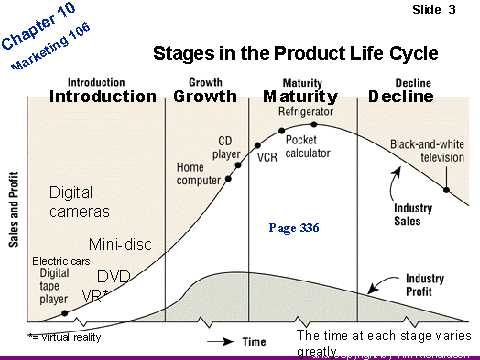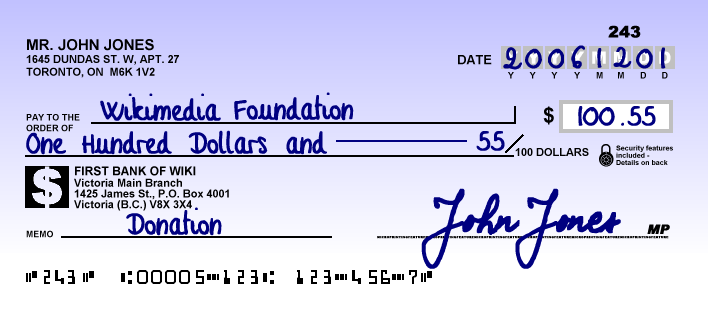SOME FINANCE GLOSSARY
Access
A former credit card system that was sold to Mastercard and discontinued.
Balance Sheet
One of the main components of a company's report and accounts, the balance sheet provides a snapshot of everything the company owes and owns at the end of the financial year in question. On a specific date it lists: tangible assets, intangible assets, stock, debtors, cash, bank creditors, trade creditors, share capital and reserves.
Call Payment
A payment made by investors for new shares. The term would apply to payments made when a company first floats on the stock exchange and also when it has a rights issue.
Daily Change
The daily change in the price of a share or other security, i.e. the difference between the most recent price of a security and the previous day's closing price.
Earnings
The annual profits (revenues less cost of sales and operating expenses) of a company after deduction of tax, dividends to preference shareholders and bondholders.
Fed
See Federal Reserve System.
Gain
The increase in the value of an asset that had been bought. More specifically, it is the amount chargeable to capital gains tax (CGT) from gains made on the disposal of an asset.
Heavy Market
A market in which there are more sellers than buyers resulting in falling prices.
Incapacity Benefit
A state benefit payable after the expiry of state sickness benefit if a person is still unfit to work. This replaced invalidity benefit and carried a reduced level of benefit.
Junk Bonds
Bonds which offer high rates of interest but with correspondingly higher risk attached to the capital. In the US they carry a credit rating of BB and below. Junk bonds fell into disrepute in the late 1980s, and are now termed 'high yield bonds'.
Long Term Debt
Debt liabilities due in one year or more.
Merger
The process by which two companies become one. If the companies are listed, the merger may be by agreement, or hostile
Net Cash Flow
Operating cash flow + dividends received from associates - dividends paid to minorities or preference shareholders +/(-) interest received/(paid) - tax paid.
Open Offer
An open offer, also known as an entitlement issue, is an offer made by a quoted company to its shareholders inviting them to buy new shares in the company at a set price, which is normally lower than the current market price.
Par Value
The issue price of a security (stock, share, bond etc). Par value is the same as nominal value and bears no relation to the market price
Quotation
The highest bid price and the lowest offer price of a security available at any particular time.
Real Account
A ledger account detailing assets and capital (such as buildings and machinery).
Sales
Total value of goods or services sold by a company in a period of time, often called turnover or revenue. Sales are recognised in the accounts at the point when the company either has received payment or is very likely to do so.
Tax
An amount levied by a government body on an income, product or activity, and used to finance public services and goods. It may be direct on an income or indirect.
Ultra Vires
Actions by a body that fall outside the remit of its charter and might lead to legal action by affected parties.
Value
The worth or desirability of something expressed as an amount of money.
Weak Market
A stock market where volume is low and the spread is high.
Yield Curve
A graphical representation that plots current yields of a set of bonds or fixed interest securities against their times to redemption (maturity).








